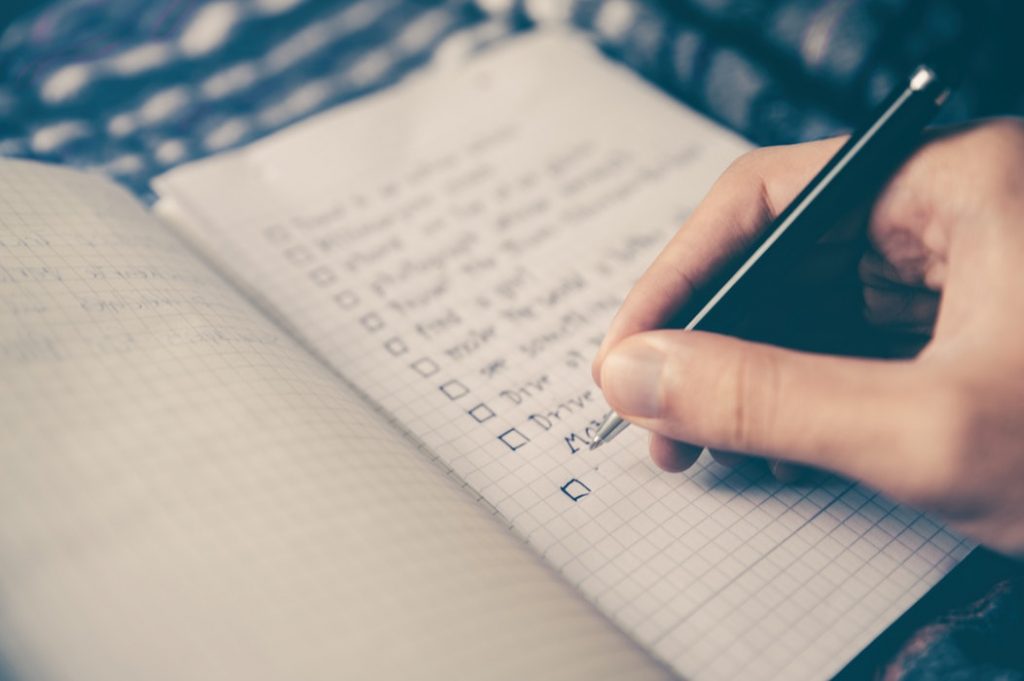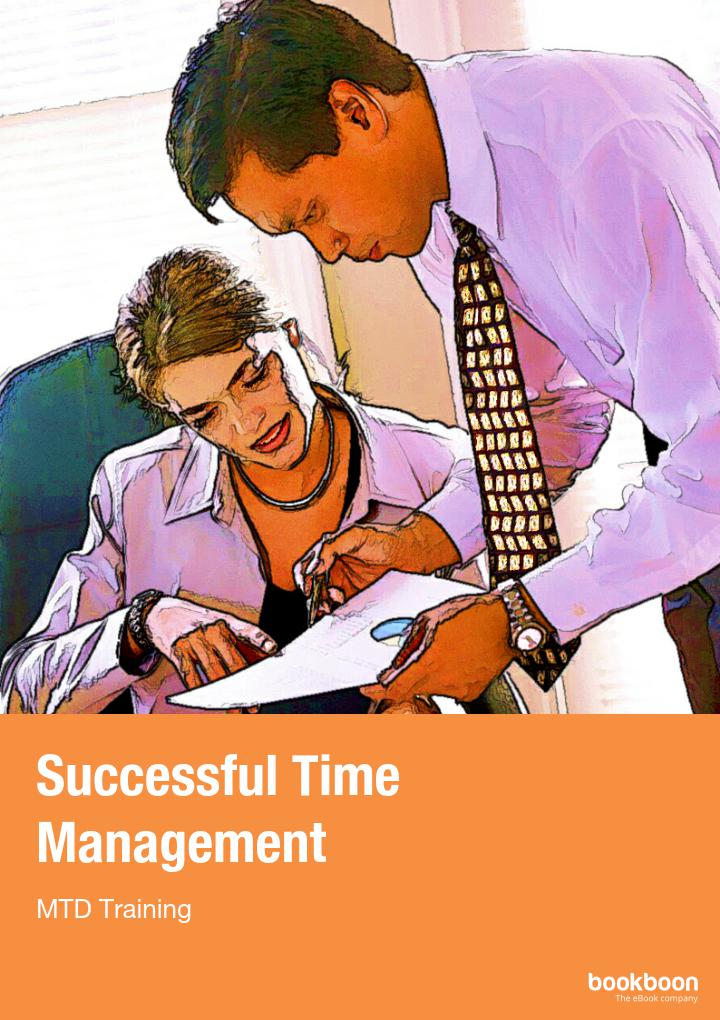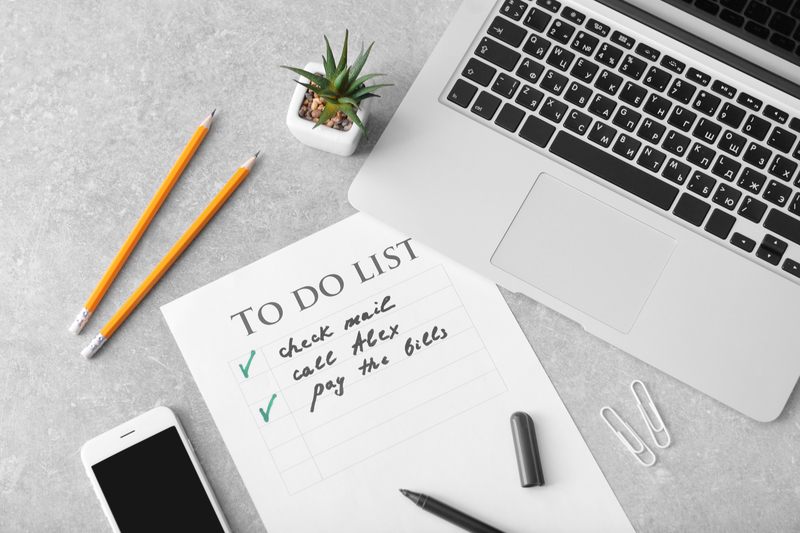5 solutions to ineffective time management

Time flies. It is a simple truth. But managing that time effectively can be a difficult skill to master. The inability to use time effectively affects personal and professional productivity. That is why finding ways to increase the level of productivity is of vital importance.
This blog was written by freelance writer John McGill
Unfortunately, there is no unique remedy for using time effectively. Nevertheless, here are five best ways to reduce time-wasting and help develop effective time management skills.
Make a plan
In a world where almost every individual is expected to perform several tasks simultaneously, planning brings many benefits. Create a plan for the whole day in the morning and check whether all the tasks have been completed in the evening. Planning can help track time spent and tasks performed during the day.
Set up priorities
It is important to make a list of activities in accordance with their role and value. The act of prioritizing is of vital importance here. Set up goals according to the level of their significance, starting from the most important one and ending by the least important one.
Set up time frames
Deadlines motivate us to finish a task promptly. When there is an ultimate time point of the task, it becomes easier for us to use time effectively. It is important to estimate one’s abilities to set short but realistic deadlines. A longer deadline can make us less motivated to finish the task and, in turn, lead to excessive procrastination.
Do it now
Sometimes we take on busy work to avoid doing the work we truly need to complete. Performing tasks as soon as they emerge, without postponing them until a better time saves a lot of stress, worry and time.
Maximise positive impact and minimize adverse effect
It is no secret that our attention spans aren’t exactly on the rise. Distractions, whether intentional or otherwise can, in most cases, prevent us from doing our job effectively and timely. However, there are a few distractions that can actually help our productivity. Discussing themes related to tasks with colleagues or friends can help us see new perspectives and listening to music, especially classical music, can help us concentrate.
About the author
John McGill is a freelance writer at GPAlabs and a passionate moviegoer. He’s fond of writing useful content about marketing, student life, and psychology. John likes to help people develop their ideas and provide knowledge to the readers in an easy way!




